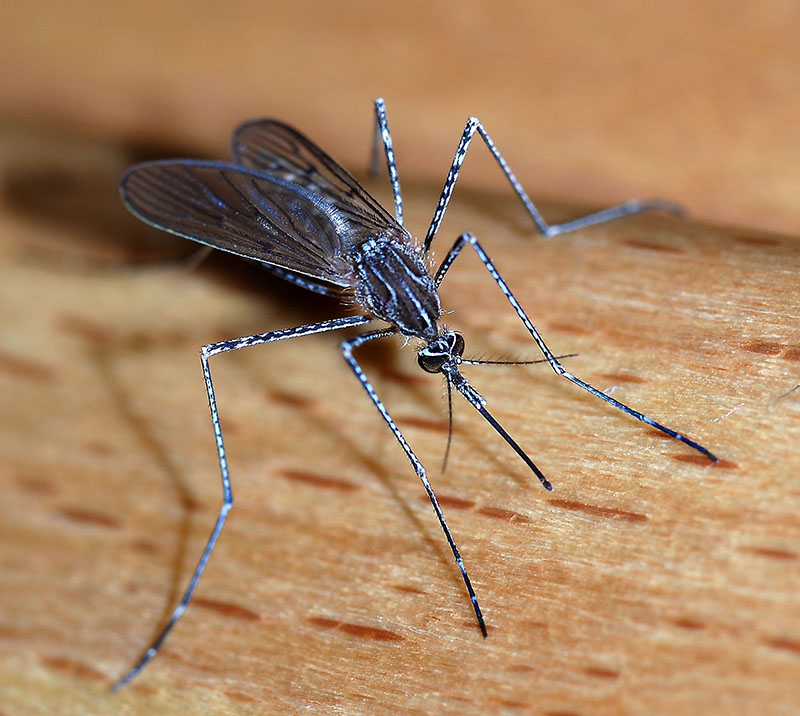Published on Wednesday, 2 October 2013 at 12:00:00 AM
With mosquito season approaching, the risk of potentially life-threatening diseases in the Pilbara area increases.
Mosquitoes in the Pilbara can carry diseases that can be severely debilitating or even fatal. There are no cures for the three viruses that have been found in our region - the Murray Valley Encephalitis (MVE), Kunjin Virus and Ross River Virus… so the best way to protect yourself is prevention: Don’t get bitten!
The viruses become more active during the normal wet season but especially after cyclones when environmental conditions (stagnant pools coupled with warm weather) are conducive for mosquito breeding which transmit these diseases.


The MVE and Kunjin viruses are carried by migratory birds to northern Australia in the wet season and are transmitted to the local mosquitoes when they bite the birds. These infections can then be transmitted to local birds and animals and then to humans where they can cause major health problems.
Ross River Virus is present in the mosquitoes in the Pilbara ALL the time. It is usually a mild flu like infection but in some people it can be severely debilitating years after the infection.
Local Governments in the region keep flocks of chickens which act as ‘sentinels’ to tell us whether the viruses are in the area.
“Each fortnight a blood sample is taken from the birds and sent to Perth, where university researchers test for mosquito-borne diseases,” said Aden Broocker, Shire of Ashburton Principal Health Officer.
“We bleed the chickens in Paraburdoo, Tom Price and Onslow,” said Aden. “The samples are tested for antibodies to the virus and if they are found it gives the public about seven weeks early warning that the viruses are in the area before humans are affected.”
“In the Ashburton region, we’ve had a total of 11 cases since 2008, with most of those being Ross River Virus” said Aden.
Prevention is better than cure. AVOID being bitten by mosquitoes!
- Avoid being outdoors, particularly in the mornings and evenings when mosquitoes are biting
Wear long sleeved loose fitting clothing when outside
Use DEET based insect repellents
Ensure containers such as pet bowls, pot plants and old tyres do not have water in them allowing mosquitoes to breed around the home.
Peak Season for Mosquitoes
The peak season for Ross River Virus and Barmah Forrest Virus is from January to March after rainfall. Murray Valley Encephalitis and Kunjin Virus appear to take longer to develop and tend to peak around March to June. These arboviruses become more active during the normal wet season but especially after cyclones.
DOWNLOAD INFORMATION SHEET
Additional information:
‘Shire of Ashburton Sentinel Chicken Surveillance Program Health & Environmental Report Update, September 2013’
Back to All News